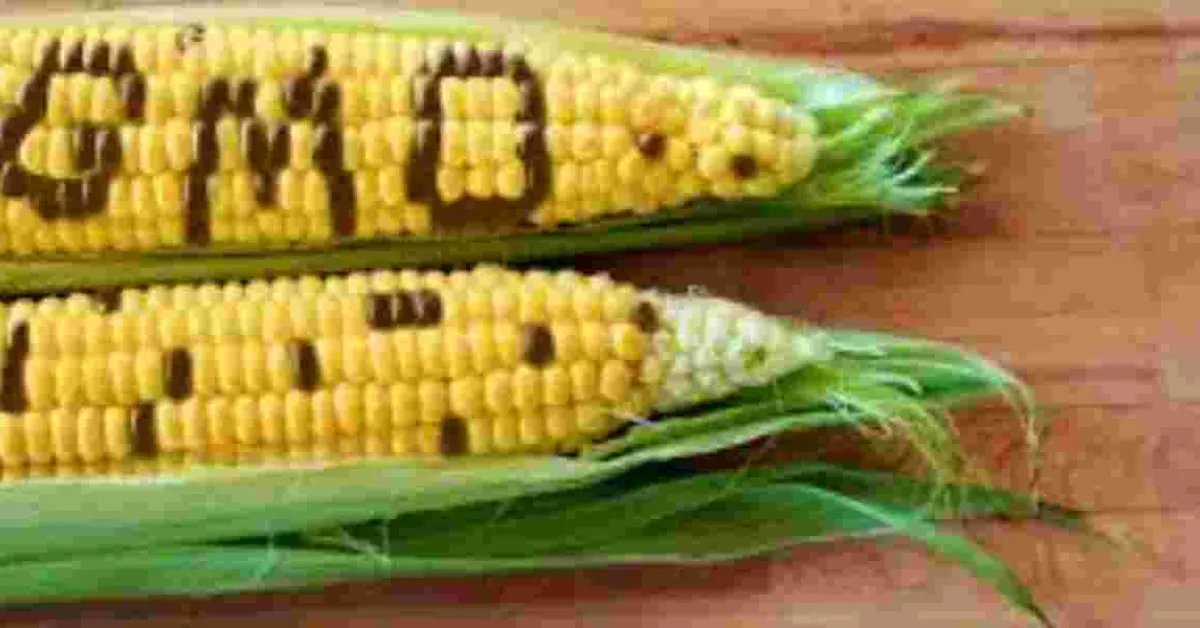Kenya Set to Introduce GMO Maize After Public Consultation Period

The National Biosafety Authority (NBA) has completed a month-long public consultation regarding the potential market introduction of Genetically Modified (GM) maize, specifically known as BT Maize.
This consultation, initiated in mid-December after an official notice on December 6, 2024, gathered feedback from Kenyan citizens as part of its due diligence process. This initiative follows a licensing request made by the Kenya Agricultural and Livestock Research Organisation (Kalro) and the African Agricultural Technology Foundation (AATF). The organizations aim to bring BT Maize—developed by Bayer Company and licensed to the TELA Maize project—into the market.
This genetically modified maize is engineered to resist pests such as stem borers and fall armyworms, potentially decreasing the reliance on chemical insecticides in agriculture. Historically, Kenya has cultivated genetically modified crops for non-food purposes, including BT Cotton. The NBA has been active in conducting field trials with various GM crops: these include water-efficient maize in Makueni, enhanced maize suited for African agricultural conditions in Kitale, and virus-resistant sweet potatoes and cassava in Kakamega and Thika.
Current trials are also evaluating GM potatoes in Nakuru and Kiambu, along with the cultivation of purple gypsophilia flowers in Naivasha. Kalro and AATF advocate that BT Maize presents a vital solution for minimizing crop damage caused by pests. They stress that the maize contains specific genes sourced from Bacillus thuringiensis, effectively targeting particular lepidopteran pests.
This modification is expected to significantly lower the need for hazardous chemical insecticides, which pose risks to human health, animal welfare, and environmental sustainability. Should the environmental release be sanctioned, BT Maize Seeds will undergo additional assessments in accordance with Kenya’s Seeds and Plant Varieties Act prior to their commercial release.
The promoting organizations guarantee that BT Maize is as safe and nutritious as traditional maize varieties, with labelling conforming to the Biosafety Act of 2009 distinguishing it for consumers. With this development, Kenya would align with a growing number of countries that have adopted the cultivation of GM maize, such as South Africa, Nigeria, Mozambique, Ethiopia, and others worldwide.
The maize is anticipated to be utilized in food production, animal feed, and industrial processes comparable to conventional maize. In an effort to build public support, the Kenya Kwanza administration has engaged religious leaders to raise awareness about genetically modified organisms (GMOs). This initiative coincides with a favourable ruling by Justice Lawrence Mugambi, who dismissed four legal challenges to GMOs, which represents a significant victory for President William Ruto’s administration.
These legal challenges arose following the government's decision to lift a decade-long ban on GMOs in October 2022. Despite ongoing legal disputes, including a case dismissed by Justice Angote in October 2023 involving the Law Society of Kenya, advocacy for GMOs in Kenya persists.














Comments
Who wants GMOs? Bure kabisa…
Permalink
Who wants GMOs? Bure kabisa. Don't they know they are introducing an irreversible process. Bill Gates is winning big on Kasongo.
Add new comment